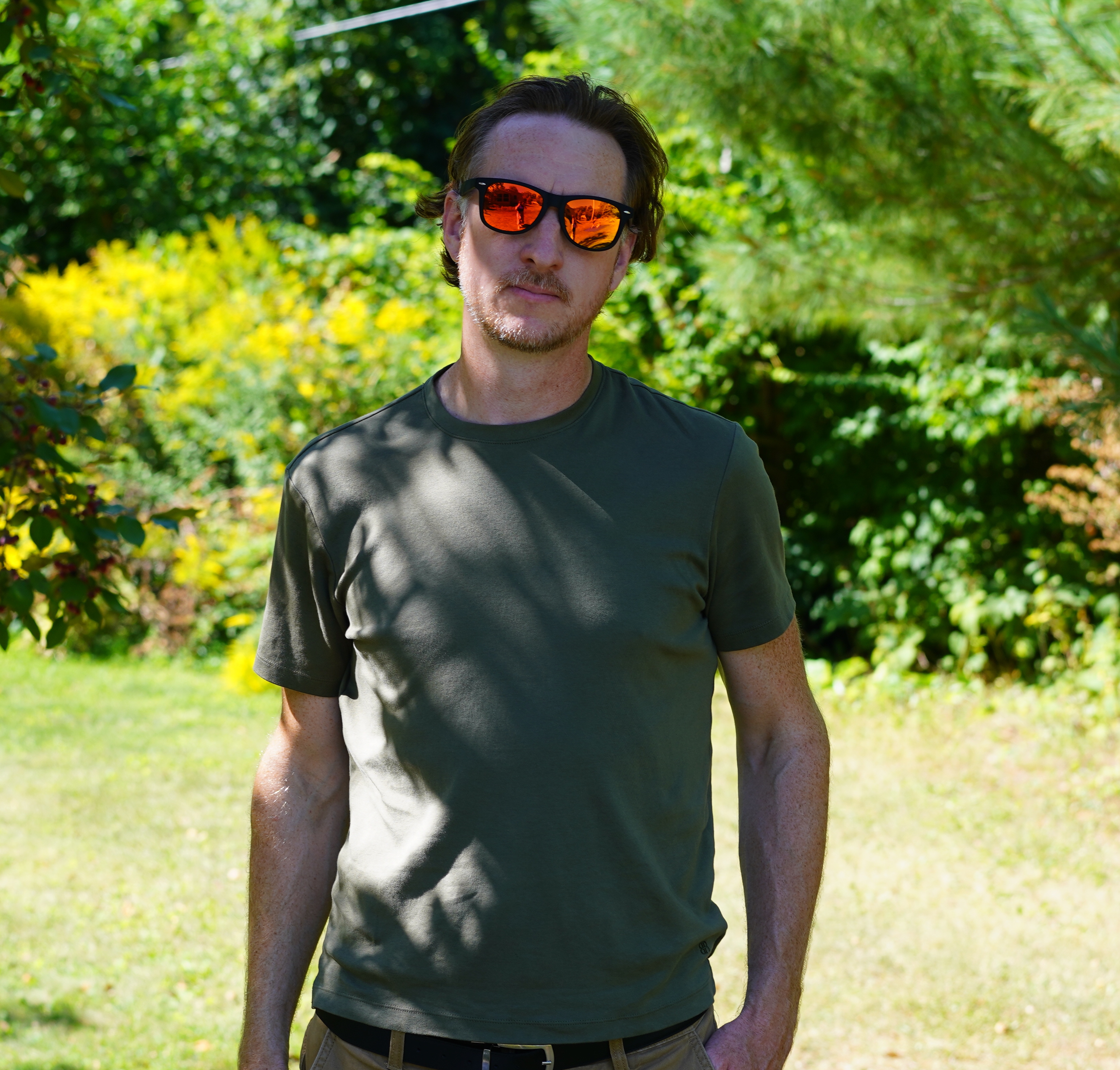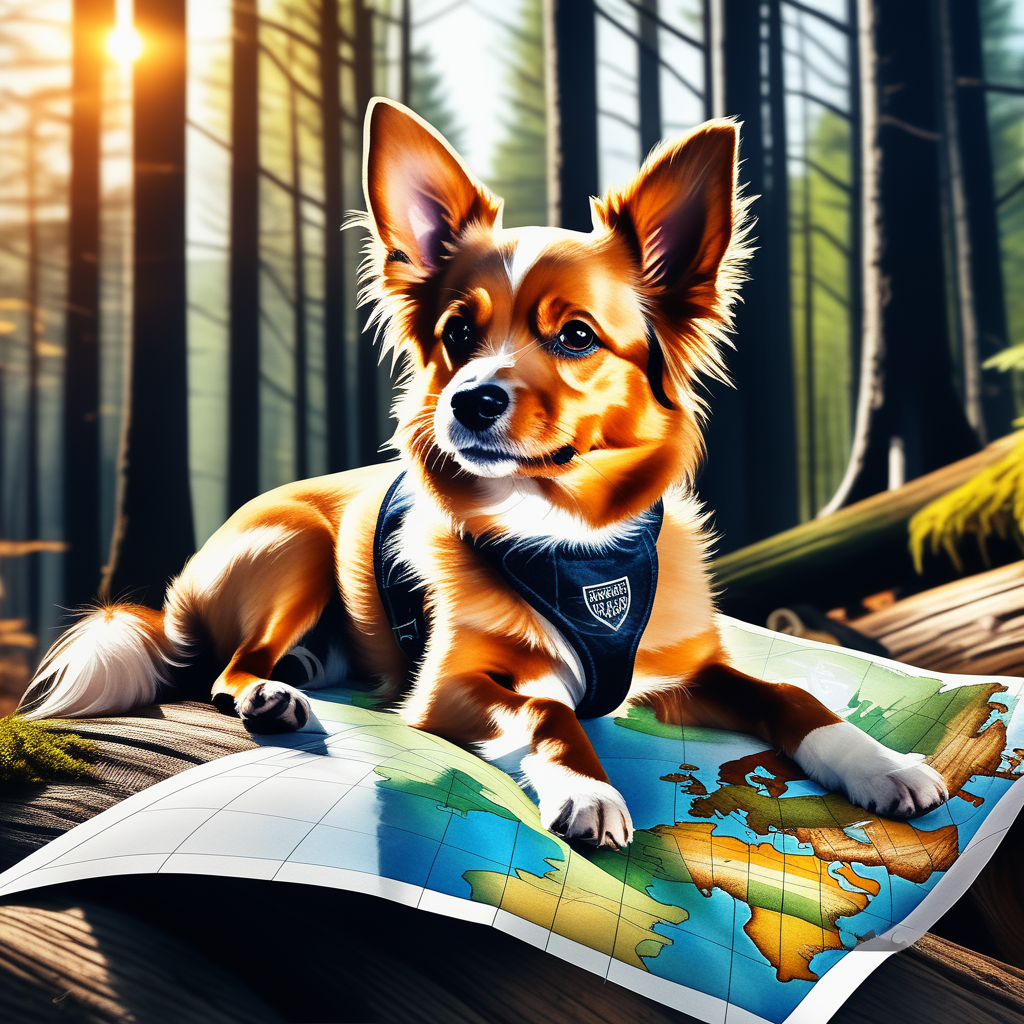Meandering Leads to Focus
 JP Miller
JP Miller
Have you ever had the opportunity to watch a toddler play?
They often bounce around from one item to another until striking on something they'd like to spend time with.
Maybe they bounce around from Duploo blocks to wood puzzles and finally settle on magnetic tiles. Once chosen, it's common for a toddler to become hyper-focused on the toy of their choice. In the case of the magnetic tiles, they may stack and unstack the shapes, build a simple tower and knock it down, or try to look through the tile if it's opaque or shake it if the magnets rattle inside the plastic.
In some ways, we never grow out of the pattern of bouncing around and settling in. People often exhibit a similar pattern in dating and in a career search. We denigrate the practice by calling it "hopping around," but I think that's unfair given evidence pointing to the fact that that's how we operate as a species.
Education is no different. Of course, I'm interested in education and am bumping my head in the school of hard knocks, theorizing new ways to teach students of all ages better.
The easy segue here is to talk about students bouncing around subjects or areas of focus until they find a favored niche. But you anticipated that direction. So we're not going there.
I think it's interesting that we don't often allow much room to bounce around a topic within a given course. Maybe this isn't as true in research-based programs. Notwithstanding, most courses have a set curriculum with little wiggle room. A curriculum has a defined trajectory with specific end goals in mind.
And that's valid. I'm a strong proponent of beginning with the end in mind. Yet, at the same time, I want to have space to bounce around the study of a very specific subject. I want to feel like I'm discovering concepts through the power of curiosity and exploration. I need that kind of arrangement in my curriculum because those discoveries are stickier than a spoon-fed explanation.
For example, how often have you used GPS to get you to an unfamiliar location?
If you had to get there again with the same origination and destination, would you be able to?
Chances are not likely unless you're a navigator of some skill.

However, if you were forced to study a map and look for landmarks to reach your desired destination, then chances are you could return to that point as often as required.
We know rote memorization is a poor way to train the brain. We are a species driven by stories. We are a people that were small in number on the Savannah and spread across the Mesopatania and then spread across the entire globe. We are explorers. We have an innate drive to understand what is beyond the horizon.
Education should be no different. We should be crafting curricula that encourage learners to explore, meander, and strike upon discoveries.
It's a more challenging form of instructional design, but a formula like that will trounce traditional classrooms. Rather than pushing students, it will encourage learners to own their education. It will allow instructors to become guides and perhaps the instructors will also strike on new discoveries in the process of guidance and mentorship.
I'm in the process of designing samples and can't wait to share what I believe will become the future of education for learners of all ages.
Stay curious, friends.
Subscribe to my newsletter
Read articles from JP Miller directly inside your inbox. Subscribe to the newsletter, and don't miss out.
Written by

JP Miller
JP Miller
I think about revolutionizing education and talk about emerging tech: how businesses can use it and how individuals may forge a meaningful career.